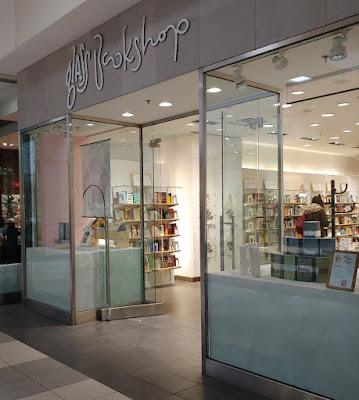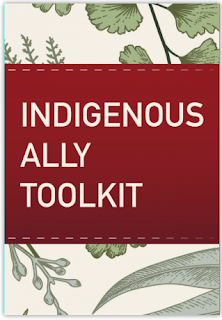In Edmonton and looking for something different? Here are two ideas ...
glass bookshop
Visit the Glass Bookshop at City Centre Mall West, focusing on "Canadian writing with special attention paid to LGBTQ2SIA and IBPOC {Indigenous, Black and people of colour} writers, as well as the independent publishers who help to produce their work."
Fiction, non-fiction, cookbooks (somewhere in between fiction and non-fiction!), cards, pronoun pins, and more. Knowledgeable friendly staff who are well-connected to the literary and arts community here in Edmonton.
P.S. if you are reading this in the spring of 2020, the store is probably at its new location - check the website for the address.
https://www.glassbookshop.com/
quiltbag
"The QUILTBAG is an LGBTQ+ retail shop carrying queer & trans wares... The shop carries an always changing assortment of custom and curated used & new clothing; accessories like pins, pronoun buttons, patches, stickers; art by local artists; small gifts; and trans gear including chest binders and compression underwear."
Located at 7603 104 Street NW (Calgary Trail).
https://thequiltbag.com/
https://www.glassbookshop.com/
quiltbag
"The QUILTBAG is an LGBTQ+ retail shop carrying queer & trans wares... The shop carries an always changing assortment of custom and curated used & new clothing; accessories like pins, pronoun buttons, patches, stickers; art by local artists; small gifts; and trans gear including chest binders and compression underwear."
Located at 7603 104 Street NW (Calgary Trail).
https://thequiltbag.com/




















